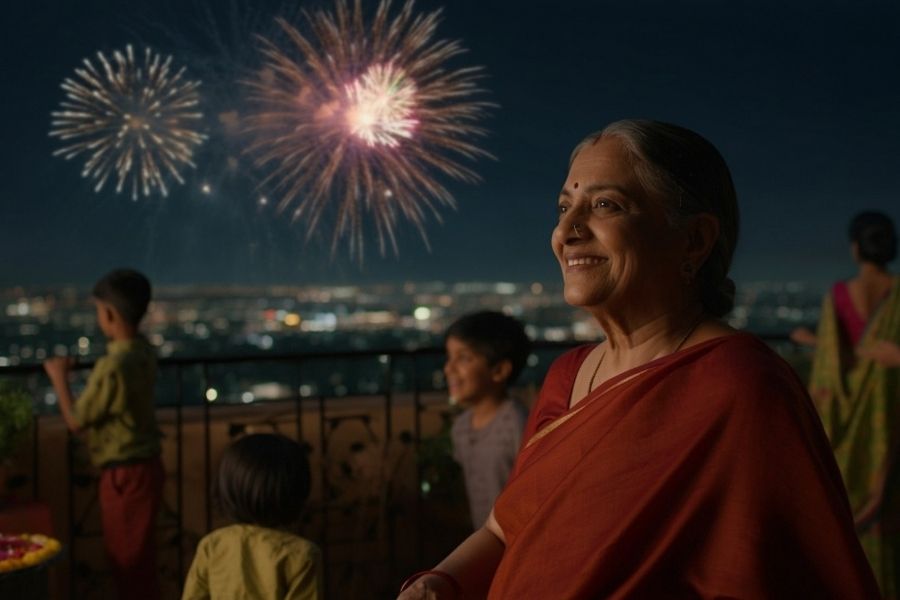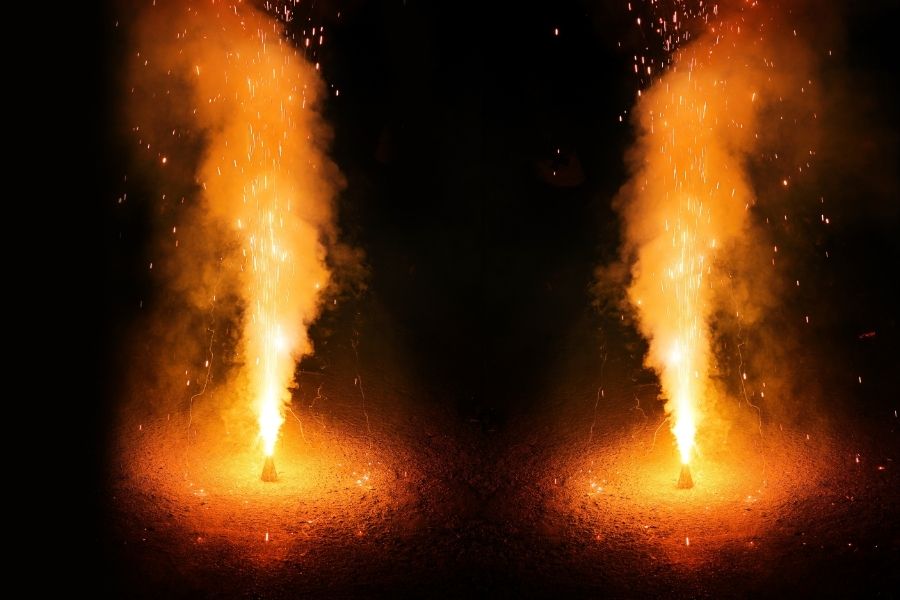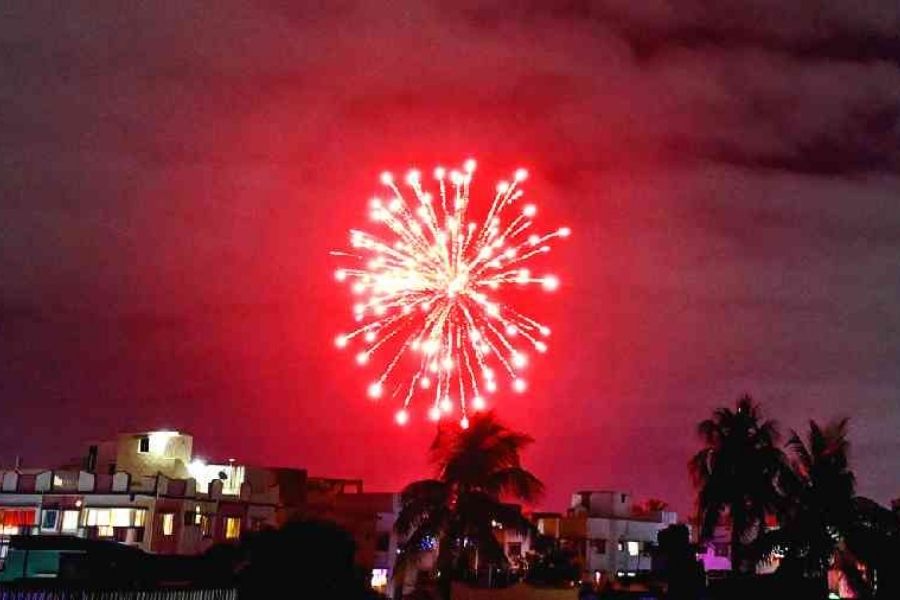Diwali is a festival of warmth, celebration and family bonding, but, for senior citizens, it can also bring health challenges that should not be ignored. As people age, their bodies become more sensitive to noise, smoke, stress and changes in routine.
“As we age, our bodies respond differently to noise, smoke, food and fatigue,” says Rahul Mathur, specialist, Internal & Geriatric Medicine, CK Birla Hospital, Jaipur. He explains that seniors with heart or lung disease, arthritis, diabetes or memory issues may experience exhaustion, breathlessness or disorientation if proper precautions are not taken. Geriatric care during festivals is not just about treatment, but about ensuring safety, dignity and inclusion for elderly family members.
Protecting lungs and ears from crackers
The smoke from fireworks contains fine particles that can worsen asthma, COPD and heart conditions. Joydeep Ghosh, consultant, Internal Medicine, Fortis Hospital, Anandapur, advises keeping elders indoors during peak firecracker hours in well-ventilated rooms with air purifiers. Masks should be worn if going outdoors and prescribed inhalers or medicines must be kept close at hand.
Kaushik Majumder, consultant, Geriatric Medicine, Narayana Hospital, Howrah, warns, “The heavy smoke generated during Diwali leads to a sharp rise in air pollution, which can worsen respiratory issues.” He suggests travelling in closed vehicles with windows rolled up and even wearing masks indoors during the evening to reduce breathing discomfort. Noise is another major issue. Loud crackers may trigger anxiety, hypertension or sleep disturbances. Seniors should be kept away from high-noise areas and encouraged to enjoy quieter celebrations with diyas, lights and music.
Keeping homes safe and routines steady
Festive decorations look beautiful, but can create hazards. Diyas, wires, rangolis and floor clutter can cause seniors to trip and fall. Homes should have clear pathways, proper lighting and non-slip mats near lamps. Comfortable footwear is essential.
Mathur emphasises maintaining familiar routines, saying that meal or medication delays “can quickly affect blood sugar, blood pressure or sleep” in older adults. Hydration is just as important. Festival foods are often rich and sugary, leading to indigestion, blood sugar spikes or high blood pressure. Elders should be encouraged to enjoy festive treats in moderation while balancing them with nutritious meals.
Preventing injuries and staying prepared
Firecrackers can also pose a physical danger. “There is a risk of burns or injuries caused by firecrackers, especially when handled by children or family members nearby,” notes Majumder. A first-aid kit with burn ointments and dressings should be kept ready at home.
Mild burns should be treated immediately, but severe injuries require urgent hospital care. He adds that ageing affects mobility and reaction time, making seniors more vulnerable to accidents and infections, which means families must take proactive precautions.
The role of emotional well-being
Amid the hustle of celebrations, seniors may feel ignored or lonely. “Involving them in simple rituals, family gatherings or storytelling sessions can boost their mental health,” says Ghosh. Mathur adds that social engagement helps keep mood and memory active. Even brief moments of laughter or conversation can reduce loneliness. Geriatric medicine, he says, “reminds us that care is not only about treatment, but about dignity, connection and respect.” Families should observe changes in mood or behaviour. If an elderly family member becomes unusually tired, confused or withdrawn, it could be more than “festival fatigue” and might indicate infection, dehydration or medication side effects.
After the lights fade
Post-Diwali pollution often lingers in the air. Seniors should stay indoors during mornings and evenings when smog is thickest, drink plenty of fluids and eat light, protein-rich meals to recover. They should avoid unnecessary travel and resume regular routines as soon as possible.
Diwali can be a joyful experience for everyone when elders are protected, heard and included. As Mathur explains, the best gift for seniors is not another sweet box or gadget, but attention, patience and time. By blending care with celebration, families can ensure that the festival of lights truly shines brightest in the hearts of their elders.


